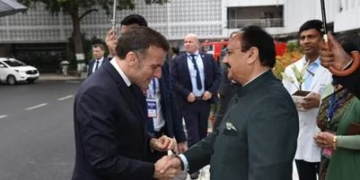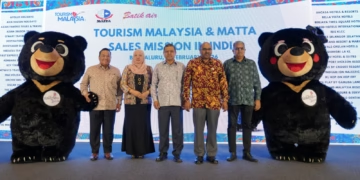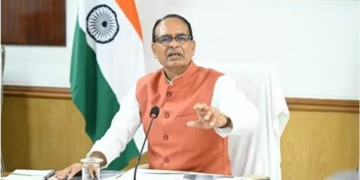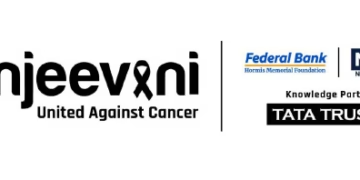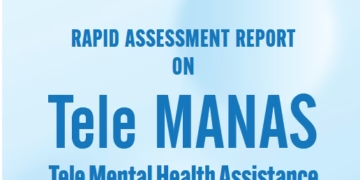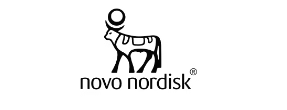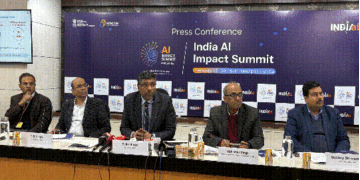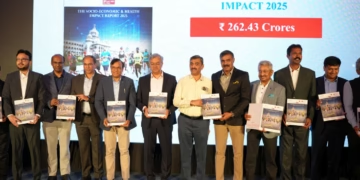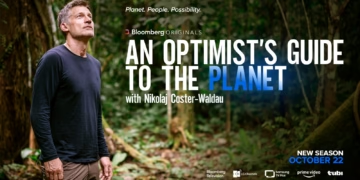At this time travel and trade restrictions[1] are ineffective and unnecessary for the control of the ongoing outbreak of Marburg virus disease (MVD) in Rwanda and are potentially harmful to the affected societies and economies. In addition, travel and trade restrictions may act as a disincentive for the rapid sharing of public health data and information with and amongst the global health community, which is critical for informed outbreak response.
On 27 September 2024, the Rwanda Ministry of Health confirmed the country’s first outbreak of Marburg virus disease (MVD), with health care workers in Kigali particularly affected. While sporadic outbreaks have occurred in various parts of Africa since the first recognized cases in Germany in 1967, this outbreak is so far the third largest outbreak of MVD ever recorded. The government of Rwanda has implemented public health measures to respond to the ongoing outbreak, including the detection, investigation, isolation, and testing of all suspected cases. The government has also conducted extensive contact tracing to limit the outbreak to the existing chains of transmission. All confirmed cases are isolated and treated at a designated Marburg treatment centre. Since the outbreak declaration, all new confirmed cases have been reported within the hospital clusters in Kigali. There is currently no evidence of community transmission.
Following the declaration of the outbreak by the Ministry of Health of Rwanda, several countries have introduced travel-related health measures, including temporarily discouraging travel to Rwanda.
Based on the current risk assessment, WHO:
- Advises all countries to refrain from implementing any travel and trade restrictions with Rwanda.
- Calls on countries to act in line with the requirements of the International Health Regulations (IHR) (2005) and in the spirit of global solidarity and collaboration. Efforts and resources should be directed towards evidence-based public health interventions such as strengthened surveillance for early detection, reporting, and contact tracing; case management; infection prevention and control; risk communication and community engagement; and cross-border collaboration and avoid unnecessary interference with international traffic.
- Recommends countries to provide up-to-date advice to travelers, in line with the following:
- Cases, contacts and individuals in affected areas who present with signs and symptoms compatible with the MVD case definition should avoid undertaking any travel, including internationally, until they are determined to no longer constitute a public health risk to others by their health provider or public health authority.
- Travelers going to affected areas should:
- Stay up-to-date on the evolution of the outbreak,
- Avoid contact with anyone presenting with MVD symptoms (like fever, vomiting, diarrhea or bleeding) and/or with any materials and surfaces contaminated by their bodily fluids,
- Avoid contact with infected people’s bodies, including during funerals.
- Travelers who have returned from affected areas within the previous 21 days and who feel sick with early symptoms (like fever or bleeding) and think they may have been exposed, should isolate themselves and contact a doctor. These travelers should share their travel history, as well as information regarding any potential high-risk situations they were involved in and/or people they were in contact with. Further information on the signs and symptoms of MVD and how to protect oneself and others is available here.
WHO is supporting Rwanda by deploying experts and providing critical supplies for diagnosis, infection, prevention and control, and care for patients.
WHO has published a Strategic Preparedness and Response Plan outlining the recommended strategic actions in all key pillars of the MVD response in Rwanda to rapidly stop all transmission chains and control the outbreak, including through the use of evidence-informed and risk-based public health measures at points of entry and across borders to contain its spread. An appeal has also been published calling the global donor community to support critical activities to stop the outbreak and protect vulnerable populations.
[1] In accordance with the IHR (2005), travel and trade restrictions refer to health measures that pose significant interference with international traffic by refusing the entry or departure of international travelers, baggage, cargo, containers, conveyances, goods, and the like, or their delay, for more than 24 hours.

